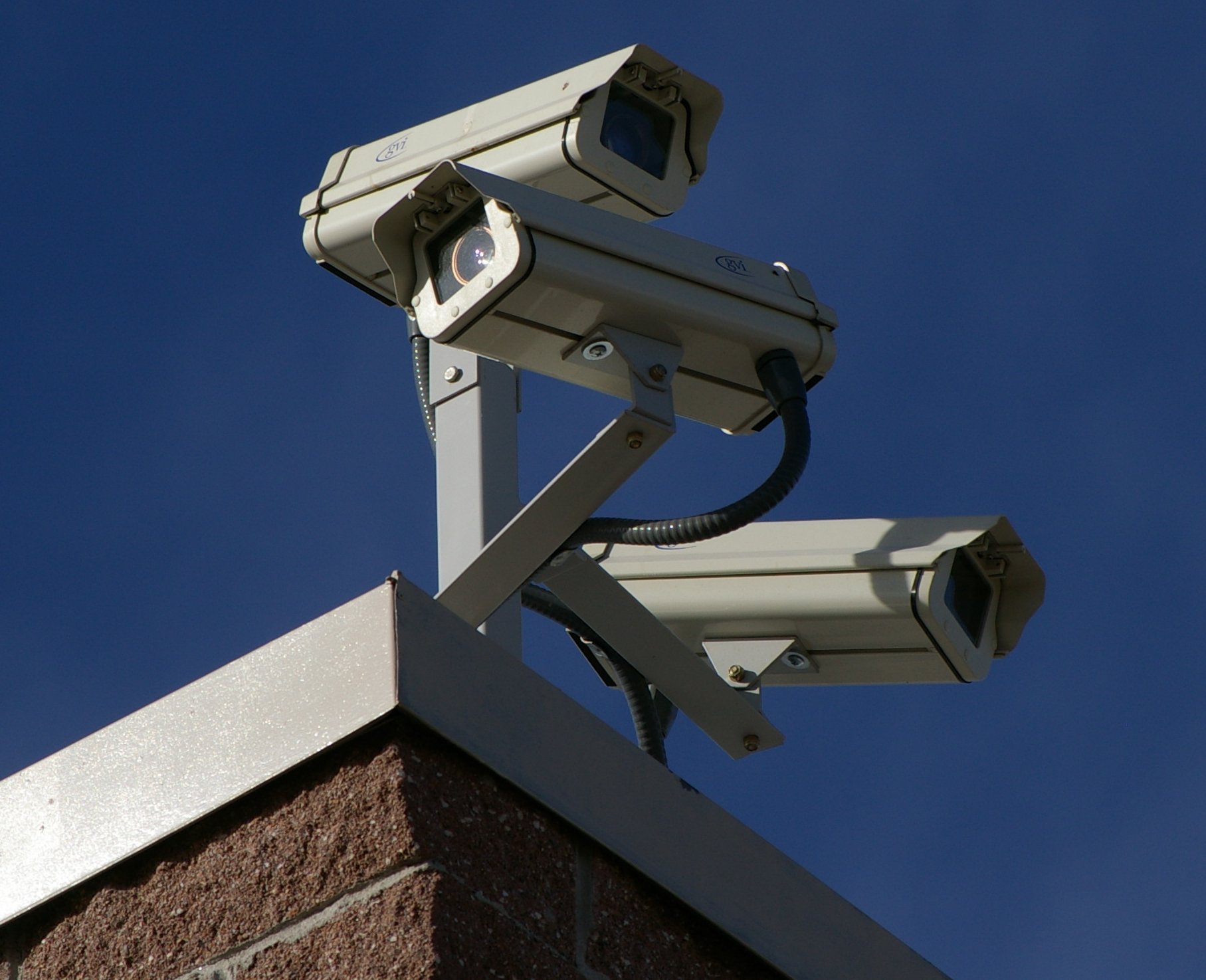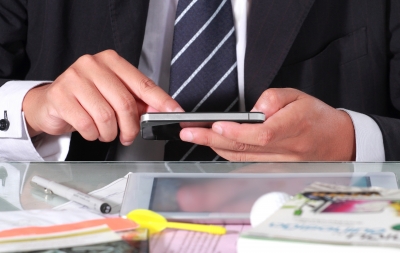2014 ABA Tech Survey shows more attorneys using iPhones, but iPad use holds steady (iPhone JD, 20 August 2014) – Every year, the ABA Legal Technology Resource Center conducts a survey to gauge the use of legal technology by attorneys in the United States. My thoughts on the prior reports are located here: 2013 ,2012 , 2011 , 2010 . No survey is perfect, but the ABA tries hard to ensure that its survey has statistical significance, and every year this is one of the best sources of information on how attorneys use technology. Yesterday, the ABA released Volume VI of the report titled Mobile Lawyers. This year’s report once again shows that a large number of attorneys are using iPhones and iPads. For those nine out of every ten attorneys who are using smartphones, 74% reported in 2014 that they were using a personally owned smartphone, and 28% used a smartphone permanently assigned by their law firm. Those numbers were closer to 66% and 36% in the prior three years, so it seems that in 2014, fewer law firms are buying smartphones for their attorneys and more attorneys are buying their own smartphones. Whether they buy it themselves or it is purchased by their law firm, what smartphones are those nine out of ten attorneys using in 2014? Last year, the big news was that over half of all attorneys were using an iPhone. This year, that number increases even more: 60.8% of all attorneys are using an iPhone (66.8% of the 91% of attorneys who use a smartphone). So if you can imagine a row of ten attorneys, this year one of them doesn’t use a smartphone at all, and six of them use an iPhone. What about the other three? Two of them are likely using an Android phone (24.5% of the 91% of attorneys who use a smartphone report using an Android phone in 2014, a small increase from 22% in 2013.) and that last attorney is probably using a Windows phone. Last year, based on the 2013 survey, I concluded that over 400,000 attorneys were using an iPad based on the survey numbers and the assumption that there are about one million attorneys in the U.S. This year, I still believe that there are over 400,000 attorneys using an iPad, but the 2014 survey results on lawyer tablet use were surprising to me in two respects. First, lawyer tablet use is not growing nearly as much as I had expected. In 2011, 15% of attorneys reported that they used a tablet device. In 2012, that more than doubled to 33%. In 2013, it increased to 48%. Thus, I would have guessed that more than half of attorneys would be using tablets in 2014. But that didn’t happen. The number instead increased only from 48% to 49%. Have we reached the point where most attorneys who want to use a tablet already have one? After all, as useful as an iPad is, I often hear attorneys tell me that laptops such as the MacBook Air are so thin and light that they carry theirs almost everywhere, and when you always have a laptop with you there is less of a need for an iPad. Is it possible that even though almost half of all attorneys now use a tablet, the other half will never see the need to do so?
Provided by MIRLN.
Image courtesy of FreeDigitalPhotos.net/Naypong





